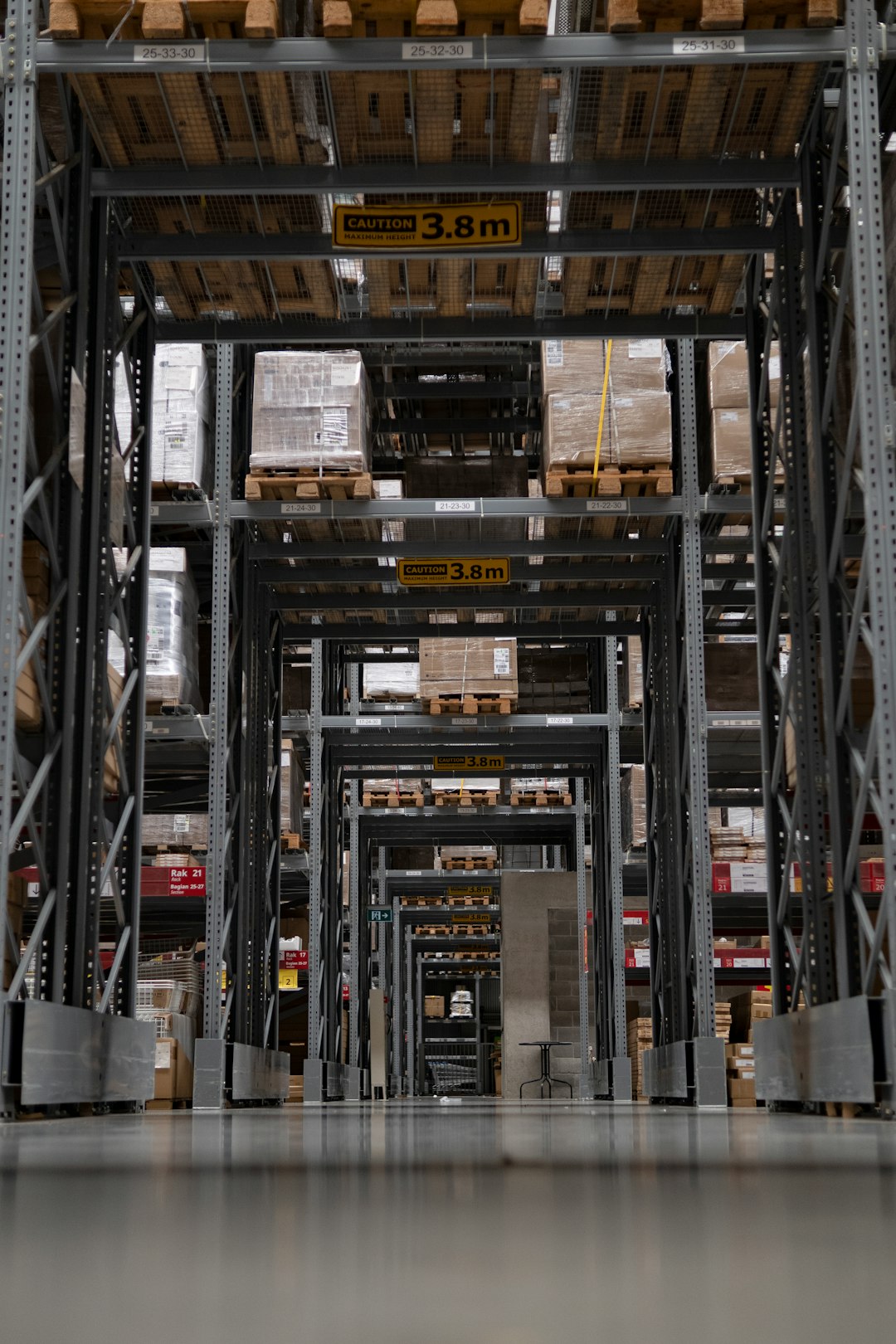Table of Contents
Expanding a business to international markets can unlock significant growth potential, and Amazon offers an accessible platform to do just that. With over 300 million active customer accounts globally, Amazon enables sellers to access buyers across multiple countries. Selling internationally, however, requires careful consideration of logistics, taxes, and customer expectations. This article outlines the steps and strategies needed to successfully sell internationally on Amazon.
1. Choosing the Right Amazon Marketplace
Amazon operates multiple marketplaces around the globe, including the United States, Canada, United Kingdom, Germany, Japan, and Australia. Sellers must first decide which regions they want to target. This decision should be based on:
- Product demand: Research whether there’s demand for your product in the target country.
- Competition: Analyze your competitors in the local Amazon marketplace.
- Regulations: Understand local importation and product compliance regulations.
Amazon Global Selling is a program that helps sellers start and manage their international selling journey by offering tools and support for each region.

2. Setting Up International Listings
Once the marketplace is chosen, creating localized listings is the next step. Sellers can opt for Amazon’s Build International Listings (BIL) tool, which simplifies syncing listings across marketplaces.
Key considerations include:
- Language translation: Ensure product titles, descriptions, and bullet points are accurately translated. Consider using Amazon’s translation services or hiring a professional translator.
- Local currency pricing: Adjust product pricing based on local market conditions and currency conversion.
- Product compliance: Confirm that the product meets all safety and legal standards in the country of sale.
3. Managing International Shipping and Fulfillment
Shipping logistics are critical when selling internationally. Amazon offers two primary options:
- Fulfillment by Amazon (FBA): Products are stored in Amazon’s fulfillment centers in each region, and Amazon handles shipping, returns, and customer service. This is ideal for efficiency and building customer trust.
- Merchant Fulfilled Network (MFN): Sellers handle their own international shipping and customer service. This method offers flexibility but requires deeper knowledge of international logistics.
FBA is generally more reliable for new international sellers, although it does involve shipping inventory in advance and paying storage fees.

4. Handling Taxes, Duties, and Customs
Import tax, VAT, customs duties, and other fees can significantly affect profitability. Each country has its own tax and customs policies, so due diligence is essential.
Sellers should:
- Register for a VAT number in the EU or UK if required.
- Understand customs clearance procedures and associated costs.
- Use Amazon’s marketplace tax calculation services where available.
Many sellers consult with international trade or tax specialists to ensure compliance and to avoid potential legal issues.
5. Providing Localized Customer Service
Customer service expectations vary by country. International buyers expect fast responses and services in their local language. Amazon FBA provides localized customer service, but MFN sellers must adapt accordingly.
Ensure that your return policy, delivery timelines, and communication reflect the norms and language of each marketplace. Building customer trust is critical for positive reviews and repeat sales abroad.
Conclusion
Selling internationally on Amazon presents a high-reward opportunity, especially for brands seeking to scale. By understanding local regulations, optimizing listings, and choosing the right fulfillment strategies, sellers can successfully enter and thrive in foreign markets. Patience, research, and the right tools are key to making international expansion a long-term success.
Frequently Asked Questions (FAQ)
- Q: Do I need a business license to sell internationally on Amazon?
A: Yes, a valid business license or entity is typically required by Amazon to verify your account and comply with local legal requirements. - Q: Can I sell in multiple countries at once?
A: Yes, the Amazon Global Selling program allows you to sell in multiple marketplaces; however, you’ll need to manage listings, inventory, and compliance for each region separately. - Q: What if my product doesn’t comply with local regulations?
A: Non-compliance can lead to listing removal or legal issues. Always verify and adapt your product according to the destination country’s laws and regulations. - Q: How do I handle product returns from other countries?
A: If using FBA, Amazon manages returns. If fulfilling orders yourself, you must decide whether to accept international returns and how to process them efficiently. - Q: Is international selling profitable?
A: It can be highly profitable if managed carefully. Success depends on demand, logistics, tax planning, and competitive pricing.

